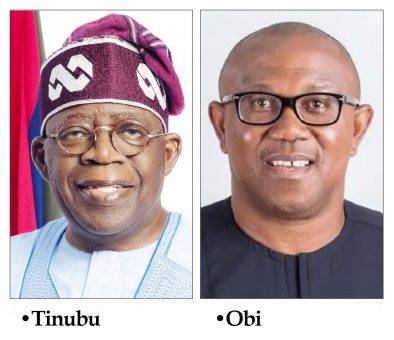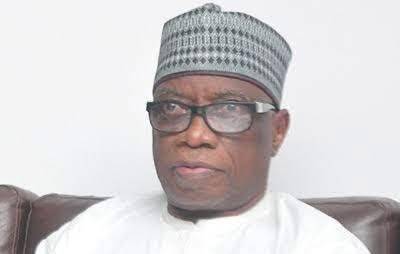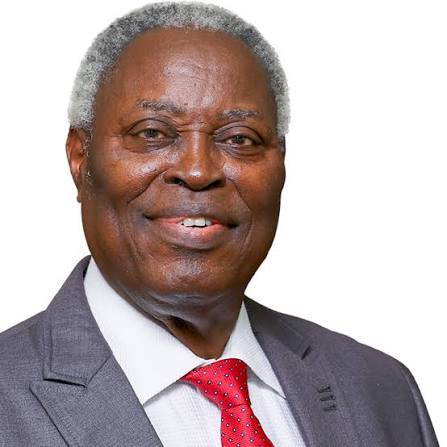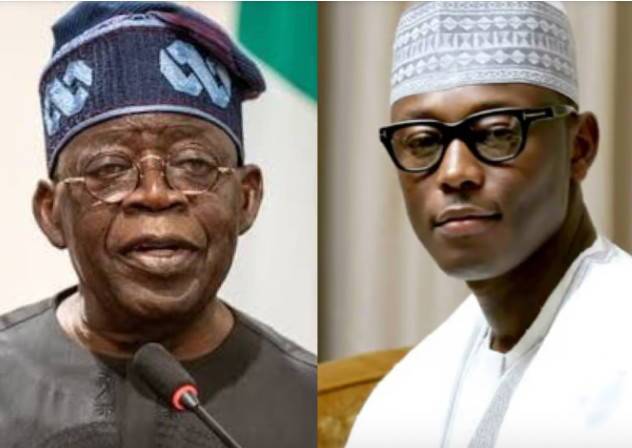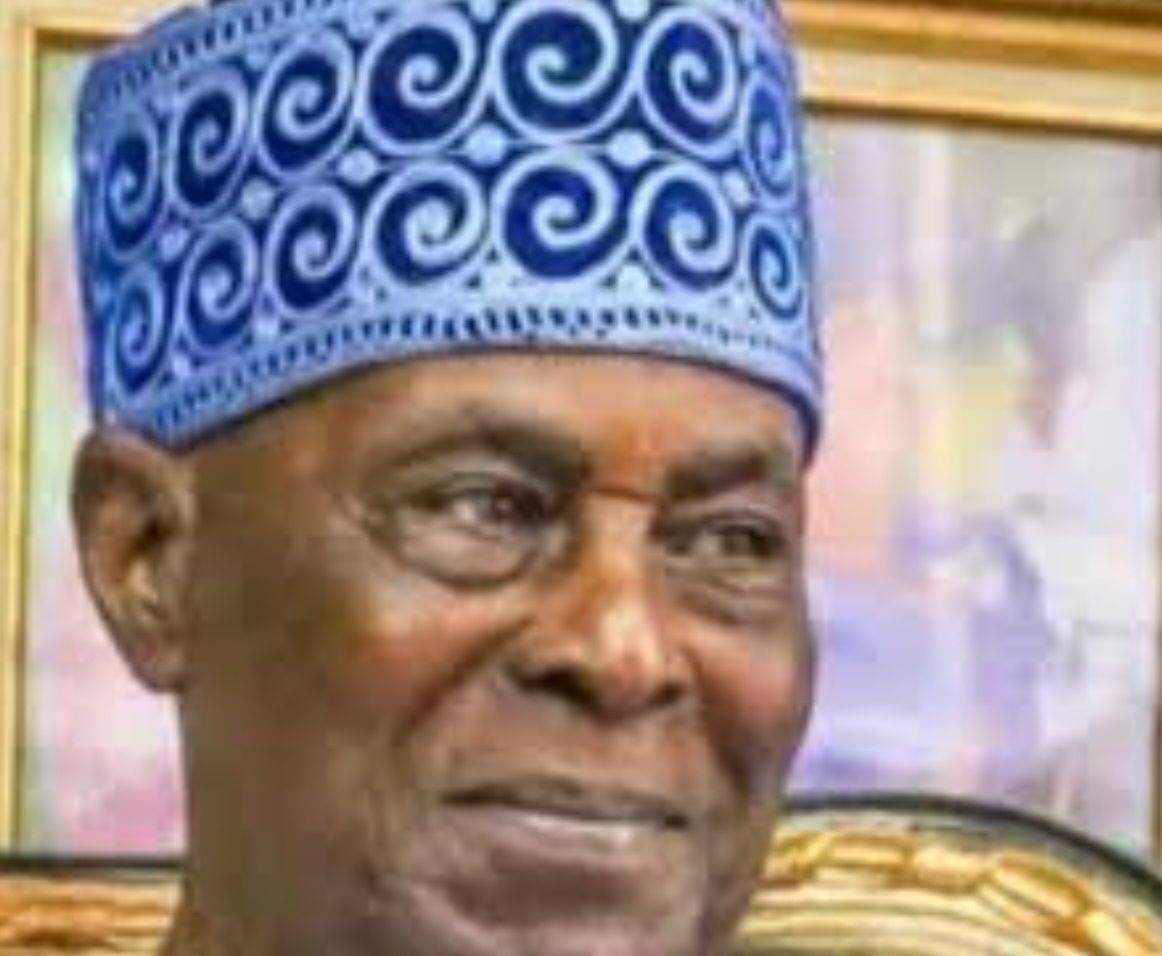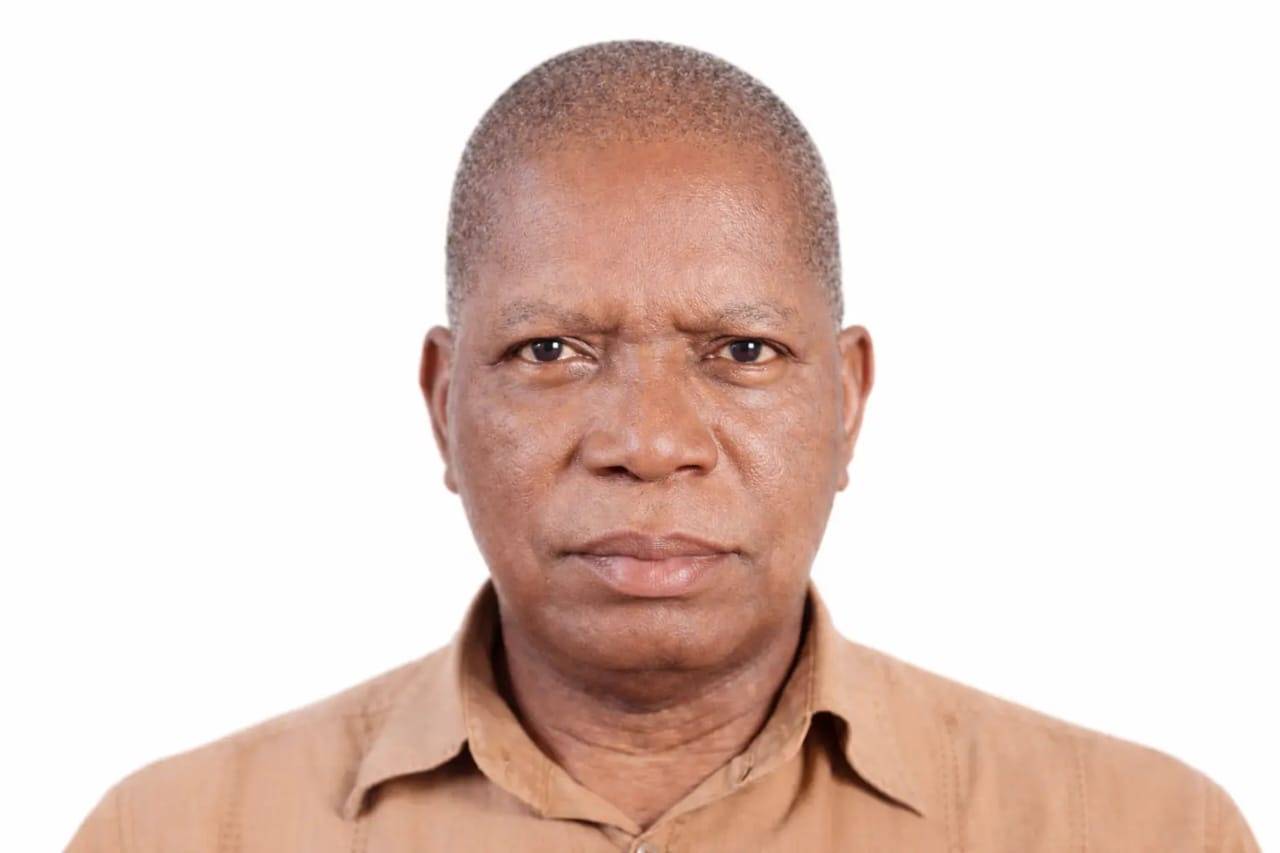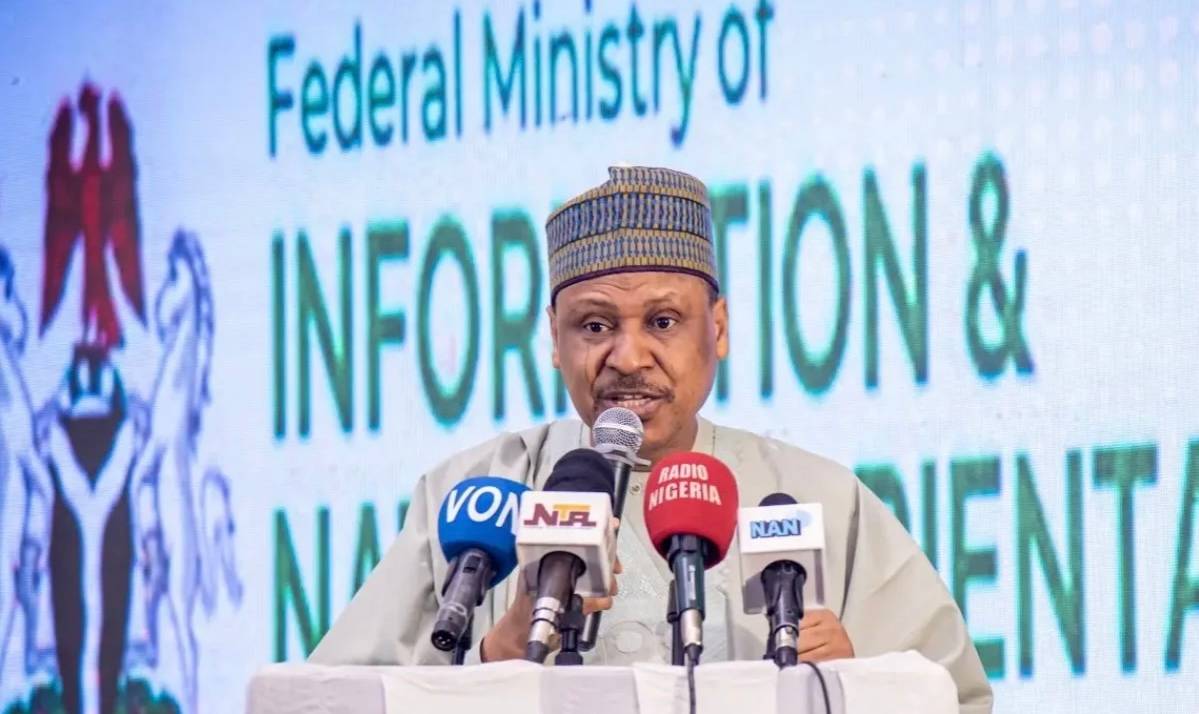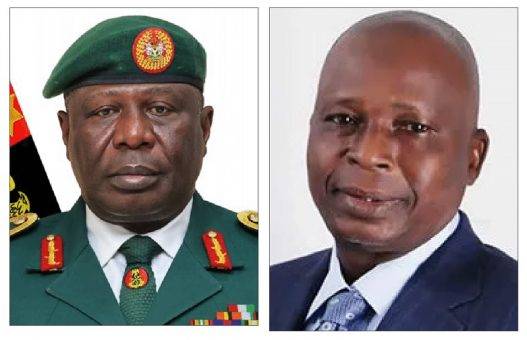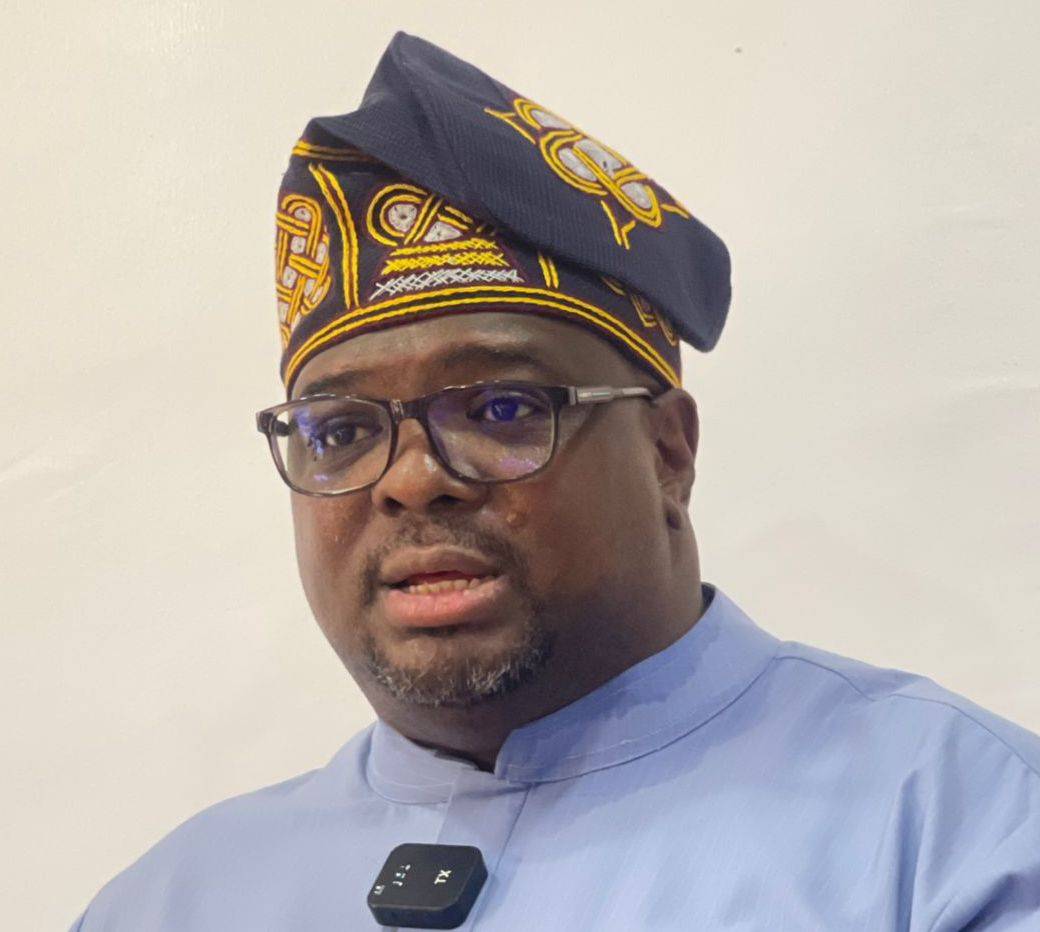By Segun Ayobolu
A video that went viral during this year’s Muslim Ramadan fast was that of the presidential candidate of the Labour Party (LP) in the 2023 presidential general elections, Mr Peter Obi, breaking the fast with some urchins in a community in Northern Nigeria. There was Obi, a veritable billionaire, sitting legs outstretched on a mat with some Muslim youngsters scooping rice and choice protein into their mouths from the same plate. As Sam Omatseye observed in a commentary on the episode, the quality of the fried rice and chicken being devoured in the brazen politicization of what was supposed to be a sober religious observance was definitely not what the northern youths dining with Obi and members of their community were accustomed to. Indeed, the trademark designer French suit worn by the former presidential candidate stood in sharp contrast to the humble apparel of his Ramadan hosts even though Obi would want them to believe that he is in disposition, outlook and inclination one of the downtrodden members of the society who is wholeheartedly committed to their cause.
Yet, the discomfiture of Obi at being forced to be a key actor in this farcical Ramadan breaking of fast theatre designed to score cheap political goals was all too obvious. Deep within him, the wealthy and hugely ambitious trader would have loved to be somewhere else but for the desperate need to correct his past electorally fatal missteps and carve a new political image for himself in preparation for another bid for the presidency even though he swears that he is not desperate to be President of Nigeria but only in contributing to actualizing the common good for her people. Before now, there had been another widely publicized visual in which Obi was seen in another northern Muslim community joining adherents of Islam in washing his feet in preparation for prayers, although it is not clear if that was during the fasting period.
These antics of Obi illustrate vividly the superficiality of his politics of cheap populism devoid of deep convictions and firmly held principles. To Obi, image matters far more than substance. Like the chameleon, he changes to reflect the colour of his environment, and it is difficult to place who he really is in reality. During the campaigns for the 2023 presidential election, Obi had politicized religion to a degree never before witnessed in Nigerian politics. To whip up the support of Christians, which he successfully did to a considerable extent, he engaged in what was popularly called ‘church tourism’, going from church to church, particularly among the large Pentecostal congregations on some occasions, melodramatically calling on Christians to “take back your country”. Those Christian clerics and their delirious congregations who rapturously cheered his every word must be wondering now if this is the same man washing his feet to participate in prayers in mosques and breaking the Ramadan fast in Muslim communities.
In reality, for Obi, neither Christianity nor Islam is of the essence; it is his ambition that matters, and the emotions and sentiments of religious adherents are to be cynically manipulated for partisan political ends. What, then, does Obi truly believe in? It is difficult to say. Is his much-advertised commitment to frugality and material asceticism not just a clever, hypocritical ploy to place himself in sharp contradistinction to a culture of opulence and display of affluence by a decadent political elite not necessarily out of principled conviction but to promote his political aspiration? It is not unlikely. If he can exploit religion with such hypocritical cynicism, is there anything else he cannot selfishly mine in a desperate quest for political gold?
Quite apart from the Christian vote, the other constituency actively cultivated by Obi in the countdown to the last presidential election was that of his Igbo ethnic kinsmen. He did not have to exert himself too much in that regard. Understandably desirous of an Igbo presidency for the first time in this dispensation, the Igbo massed enthusiastically around Obi who they saw as the best and brightest opportunity to achieve this objective especially because of the cynical support he enjoyed from the likes of former President Olusegun Obasanjo and the late Chief Ayo Adebanjo despite their repeatedly demonstrated deficiency of electoral value in the Southwest. And to his credit, Obi did well in achieving his objectives in the 2023 presidential election.
Not only did he win nearly 90 per cent of the Igbo vote, he also won massive Christian as well as the large numbers of migrant Igbo votes in the South-South, Nasarawa and Plateau States in the North-Central as well as in Lagos and Abuja. But that could not provide him a pathway to the presidency with the entire far northern part of Nigeria, more than half of the country, understandably refraining from voting for a man who enjoyed the fanatical support of Christian pastors who openly denigrated both the North and Islam.
It is that error that Obi is now cleverly trying to correct by enthusiastically seeking to project the image of a broad-minded nationalist who transcends a parochial mindset and does not discriminate against any religion. He knows that his religious parochialism and ethno-regional sectionalism cost him the last election. Yet, he is striving to cultivate a national political base, without which it is impossible to win a presidential election in Nigeria without the intellectual honesty to admit that he lost the last election because of a flawed electoral strategy.
Rather, he has, in recent weeks, intensified his denigration of democracy in Nigeria to the extent that he contends that democracy no longer exists in the country. Yet, he has on national television and at different fora just this week subjected the President Bola Tinubu administration to scathing criticisms claiming that the government is a failure and he would have performed better if elected. Beyond doubt, he has publicly acknowledged being part of a coalition being constructed with a view to wresting power from the ruling APC in 2027. Would such expression of democratic rights of expression and association have been possible in a democracy that is dead and non-functional as Obi alleges?
Speaking at the recent 60th birthday anniversary of Honourable Emeka Ihedioha, former Deputy Speaker of the House of Representatives and short-lived governor of Imo State, Obi launched an incendiary verbal attack on the judiciary to demonstrate his morbid thesis that democracy is in its death throes in Nigeria. According to him, he regained his truncated mandate as governor of Anambra State and went on to serve for two terms courtesy of a judiciary that once upheld the cause of truth and justice but no longer does so. His bile against the judiciary is that it did not uphold the comically deficient and flawed case presented before the various Election Petition Tribunals and the Supreme Court by his glaringly incompetent legal team claiming that Obi won an election he so clearly lost.
He expected the judges to join him in his fantasy, make-believe world of imagined electoral victory and thus become complicit in his intellectual fraudulence and dishonesty to win his approbation and support. Obi forgets that at the time he contested for the governorship of Anambra State and his mandate was rescued by the courts, Nigeria’s electoral process was far more crude and less developed than what we have today. The kind of brazen electoral fraud that necessitated surgical judicial intervention at the time can no longer be perpetrated today, and the judiciary cannot be expected to upturn elections conducted in substantial compliance with stipulated due process.
In a bid to position himself as the leading opposition leader, Obi this week hurled verbal tirades against the economic policies of the Tinubu administration. But he mostly engaged in rhetorical flights of fancy devoid of hard facts and convincing substance. For instance, Obi claims that Tinubu should not have removed the fuel subsidy or eliminated the parallel exchange rate markets that gave room for humongous criminal arbitrage without first improving national economic productivity. He did not tell us how he would have performed such governmental magical witchcraft had he been elected President.
On the country’s debt profile, Obi said, “Also, we have a country that is in huge debt…The cost of debt servicing is above the budget for critical areas like health and education. 70 per cent of our primary health centers are not functioning. I would fix our PHCs and primary schools if I were President”. But as President Tinubu said in November last year: “For us, it was a challenge when the nation was servicing its debt with 97 per cent of its revenue, it was nothing but the edge of the cliff…But today, I can report to you that we have brought that down to 65 per cent, and we have never defaulted in meeting all obligations, both foreign and domestic. We have our heads above water. All countries around us, across the world, are also facing challenges.”
Understandably, Obi cannot see even one good thing that the Tinubu administration has done in its nearly two years in office. He is entitled to his partisanly tainted view. But being in opposition does not mean that politicians must be in denial of the achievements of incumbent governments, even when they have the responsibility to subject the ruling party to the highest standards of scrutiny and accountability. For instance, to cite an example given by Mr Tunde Rahman, Senior Special Assistant to Tinubu on Media, Publicity and Special Duties in his piece on President Tinubu’s 73rd birthday, “On Tuesday, February 4, President Bola Tinubu approved a whopping N758 billion to settle longstanding pension liabilities under the Contributory Pension Scheme for federal workers nationwide…It was the first time the Federal Government would commit funds to the Pension Protection Fund, a statutory provision designed to augment pensions for low-income earners. Apart from clearing all pension increases since 2007, President Tinubu’s intervention also settled the shortfall in university professors’ pensions, ensuring retired university lecturers receive their full salary as a pension”. Not even the most brazen opposition partisanship can obscure such landmark achievements.
Culled from The Nation


